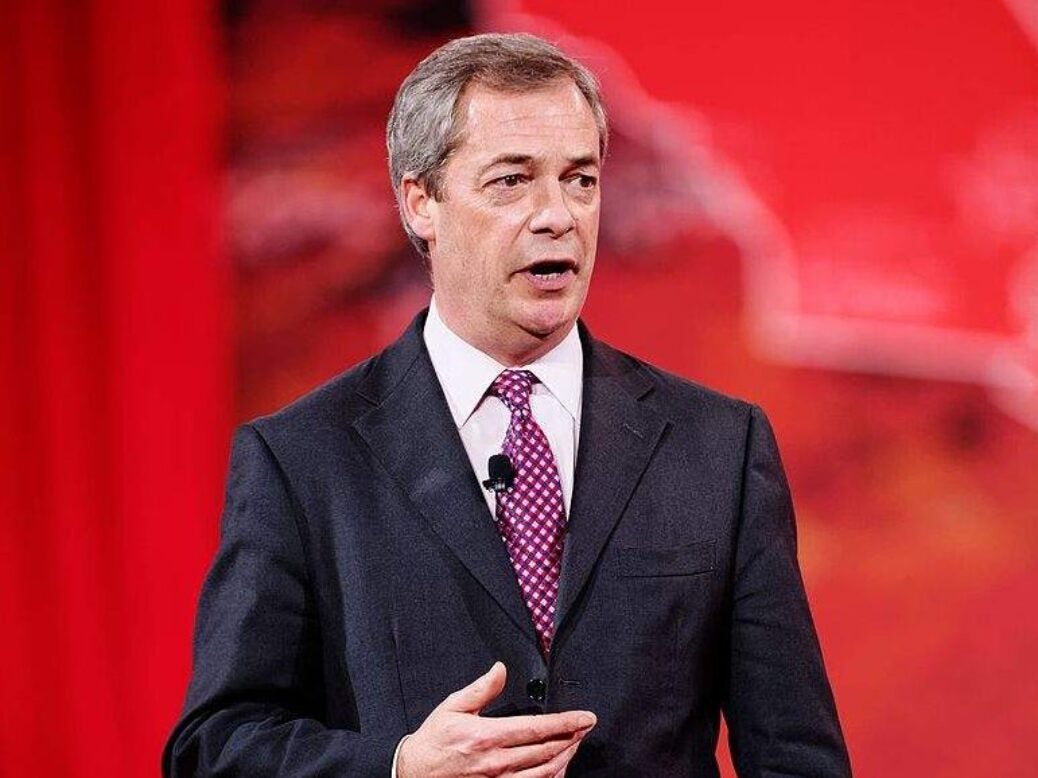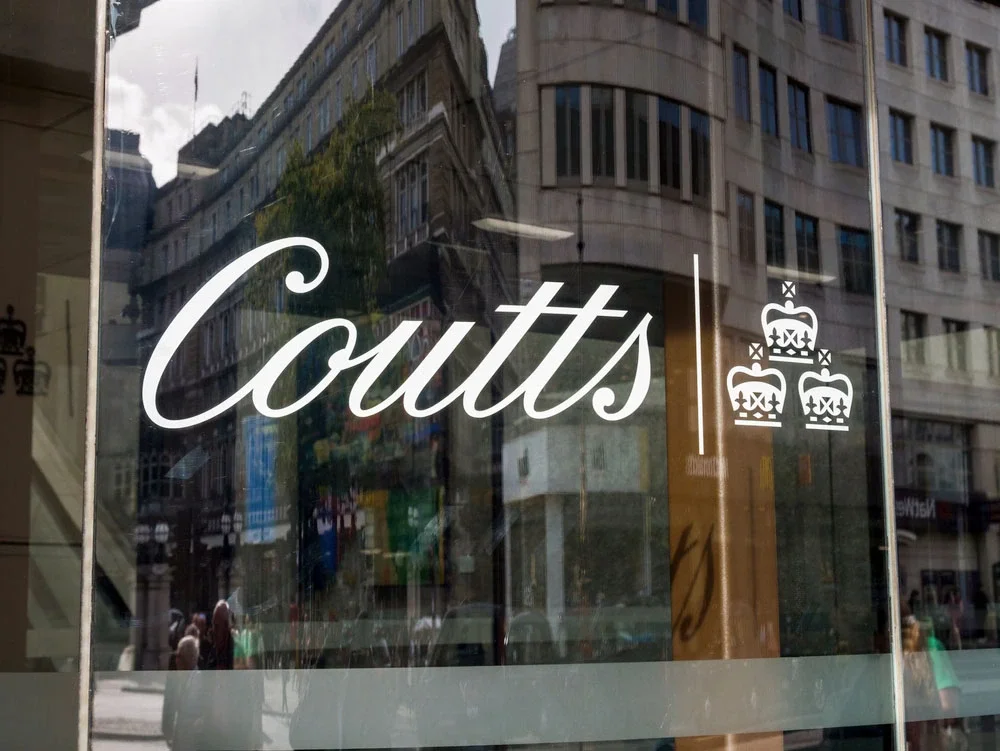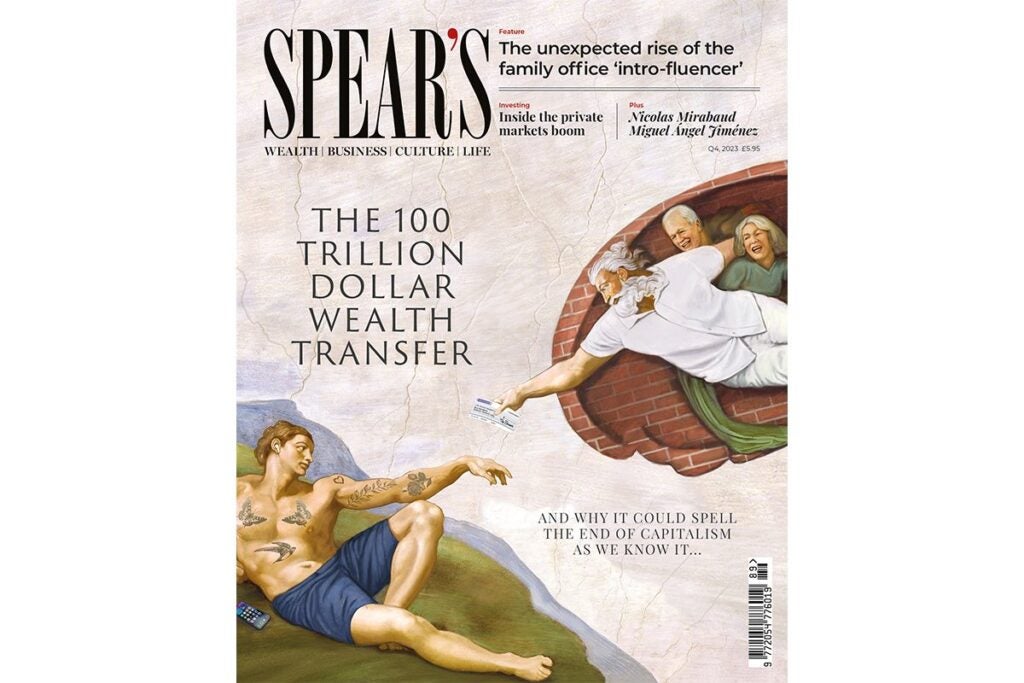
As Nigel Farage seems to amass controversies as brand currency, the most important lessons from the debacle between him and Coutts Bank are likely to be lost in the fog. Nevertheless, the episode raises profound concerns about the extreme pressures the state places on the financial services sector in the handling of politically exposed persons (PEPs) and the developing regulation of anti-money-laundering measures.
[See also: UK wealth exodus: Brexit and non-dom debate ‘driving away the rich’]
Over the decades of my legal practice, I’ve seen first-hand the innumerable instances of compliance burden; its extraordinary costs, the delays, reversals and the years lost of initiative-killing regulatory harassment. It’s only now that some MPs and their children are realising the undefined nature of life as a PEP that we are having inquiries brought forth – but for the vast majority of those who have been unfairly denied banking services, these calls for transparency are too little, too late.
Trapped in the due diligence net
Under Regulation 35 of the Money Laundering, Terrorist Financing and Transfer of Funds (Information on the Payer) Regulations 2017 (MLR 2017), the responsibility for identifying someone as a PEP is downloaded to the banks and financial services providers, who often rely on notoriously flawed due diligence services. The services hoover up data using automation, which inevitably includes completely bogus, sometimes weaponised disinformation and defamatory material – with a Reddit post conferring the same weight as a court ruling.
[See also: Private markets: should individual investors take the plunge?]
The criteria under Regulation 35 are also so sweeping that practically anyone can be targeted. Past military service? Any family members with judicial careers? Membership in a political party committee, or ever held a board seat for an ‘international organisation’? Welcome to the world of enhanced due diligence requirements and the potential to be debanked. And if you happen to have an Arabic or Russian surname, that just makes it much easier for them.
Loss of opportunity

Under the current financial crimes enforcement rubric in the United Kingdom, there is tremendous power to disrupt and destroy personal lives; a power that is offloaded to people often lacking competence or awareness. There is a clear detrimental effect to UK competitiveness which causes massive delays and potential reputational and economic carnage.
The investment in policing of financial crime has yet to deliver returns. Near summer’s end we saw the Serious Fraud Office drop its 10-year investigation into two mining companies. After an entire decade of legal fees and innumerable hours of public resources consumed, the SFO admitted it found ‘insufficient admissible evidence to prosecute’. During this time, Russian arms and Chinese investment filled the vacuum in the African countries in question, taking over critical resource production.
Of course no one would make the unserious argument that we should turn a blind eye to corruption and financial crime. Of course no one would argue that there shouldn’t be consequences for this monstrous invasion of a sovereign state on the European continent. But we need to understand what it means to so dramatically diminish the rule of law in these pursuits, and what it costs to the economy, and further consider that other competing countries do not experience such a similar loss of opportunity.
Risk and proportionality
Whereas investment is lacking in skills development and reforms are absent from the conversation in the UK, instead we have a zealous promotion of cracking down on corporate crime and money laundering, which increasingly seems like a diversion from more meaningful action.
Our government consistently seems to misunderstand the relationship between risk and proportionality. The concept of proportionality is central not only to the rule of law and human rights, but also to the very logic of governing. If Brexit gave us anything, and it doesn’t appear to be much, it is the ability to make the UK function more efficiently according to its own rules.
[See also: Trusts continue decline as self assessments fall and HMRC bureaucracy intensifies]
So why isn’t the UK a leader in cutting through the plethora of rules, regulation and compliance demons that beset our banks and financial institutions? I would humbly suggest that we use this short-lived freedom to take action to a level where it is both rational economically and considerate of the risks.
Striking the right balance between enforcement measures and individual rights is attainable. As the UK navigates these waters, it must prioritise both the security of the financial system and the competitiveness of the economy to thrive in the global marketplace. There’s no reason we can’t have a clear set of rules that protects both the integrity of the system and the rights of innocent individuals.
Robert Amsterdam is founding partner of Amsterdam & Partners LLP. The podcast Departures with Robert Amsterdam is available on Apple Podcasts, Google Podcasts, Spotify and elsewhere
This column first appeared in issue 89 of Spear’s, available now. Click here to buy a copy and subscribe








